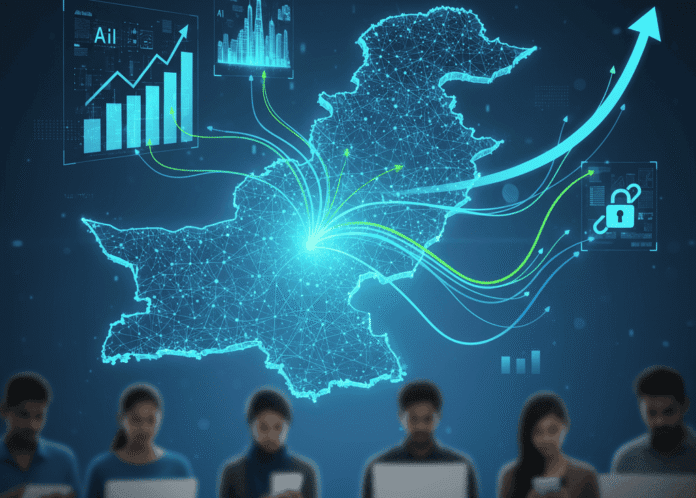Over the past two decades, internet Pakistan has grown rapidly, transforming how people live, work, and communicate. What started as a limited service in the early 2000s has now become a backbone of Pakistan’s economy, education, and daily life. Today, internet represents connectivity, innovation, and global integration.
PTA
The availability of internet Pakistan has changed everyday life. From mobile apps to e-commerce, online banking to e-learning, millions rely on digital services. Recent reports show over 130 million people in Pakistan use the internet, making it one of South Asia’s largest online populations. This growth highlights how internet bridges communication gaps and empowers citizens.
Mobile internet has been a major driver of growth. With 3G, 4G, and preparations for 5G, people in urban and rural areas access internet services through affordable mobile packages. Farmers, students, and small businesses now benefit from digital connectivity, showing that internet is a tool for social and economic change.
Challenges Facing
Despite progress, internet Pakistan faces challenges. Slow speeds, high costs, and limited rural connectivity restrict access. Many remote users struggle with weak signals and inconsistent connections. Digital literacy remains low, as millions are unaware of how to use the internet effectively for education, business, or personal growth.
The government and private sector are working to improve internet Pakistan. Investments in fiber-optic networks, data centers, and smart city projects aim to expand broadband services, particularly to underserved regions. The internet Pakistan agenda is now linked with Vision 2030, aiming to build a strong digital economy.
Ministry of IT & Telecom
The future of internet depends heavily on digital startups and entrepreneurship. Fintech platforms, e-commerce businesses, and IT services are thriving thanks to growing internet connectivity. Pakistan’s IT exports are increasing yearly, with young freelancers and startups providing services globally. Internet Pakistan is positioning the country as a hub for digital outsourcing and innovation.
Education
Education has also benefited from internet. E-learning platforms, virtual universities, and online courses allow students to study remotely. During the COVID-19 pandemic, internet became essential as students attended classes online and businesses adopted remote work models.
Future
Looking ahead, internet Pakistan will continue shaping society. Addressing current challenges and investing in better infrastructure can unlock Pakistan’s full digital potential. As connectivity improves, every citizen will have opportunities to learn, work, and grow in the digital age











